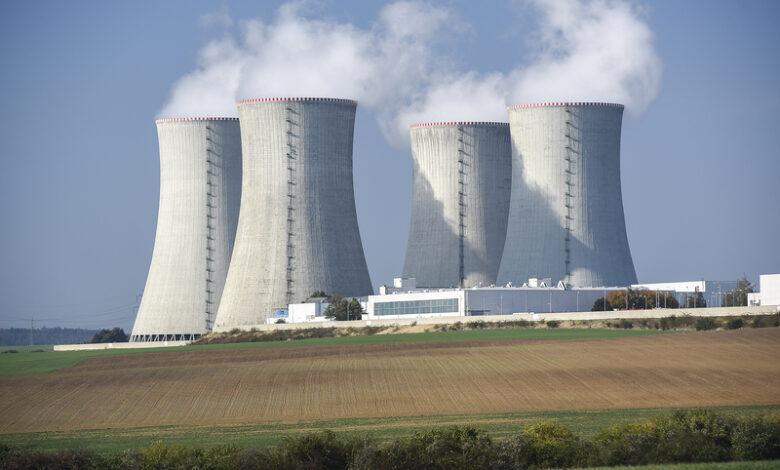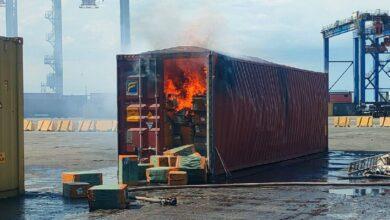World Bank lifts ban on financing nuclear energy projects

The World Bank announced the lifting of the long-standing ban on financing nuclear power projects. About this informs The New York Times.
This solution can help developing countries reduce their dependence on fossil fuels and reduce greenhouse gas emissions. Officially, the ban has been in effect since 2013, although in fact the World Bank has not financed nuclear projects since 1959. One of the reasons for the long-term refusal of funding was Germany’s position, which opposed it because of the risks for countries with limited experience in the field of nuclear energy.
The decision was made against the backdrop of growing global support for nuclear energy. More than 20 countries, including the United States, France and Ghana, have signed an international declaration of intent to triple nuclear energy production by 2050. The administration of Donald Trump is actively promoting the expansion of the American nuclear fleet, focusing on the development of a new generation of small modular reactors.
US Treasury Secretary Scott Bessent previously called on the World Bank to reverse its policy, saying it would “revolutionize energy security for emerging markets”. The USA, as the largest shareholder of the bank, has a significant influence on its policy. Germany also changed its position: the new government expressed support for small nuclear reactors, despite the closure of its own nuclear power plants in 2023.
The World Bank’s decision has already gained support in countries seeking to reduce dependence on coal. In particular, Vietnam and Indonesia are seeking financing for the early retirement of coal-fired power plants and the transition to cleaner energy sources.
States that previously focused mainly on Russia and China as suppliers of nuclear technology can now obtain alternative sources of financing. Ghana, which has sought to build its own nuclear reactors since the 1960s, hopes to begin the project without depending on a particular geopolitical side.





